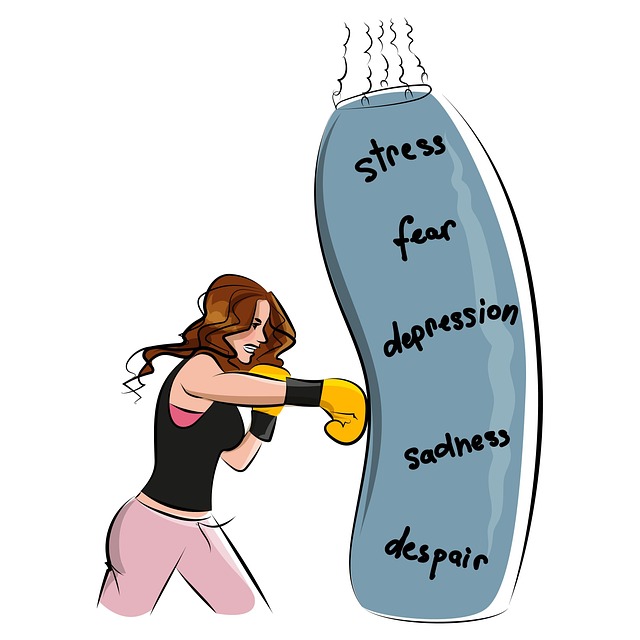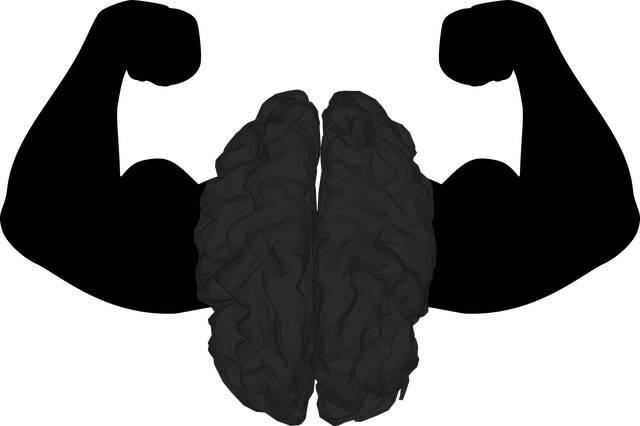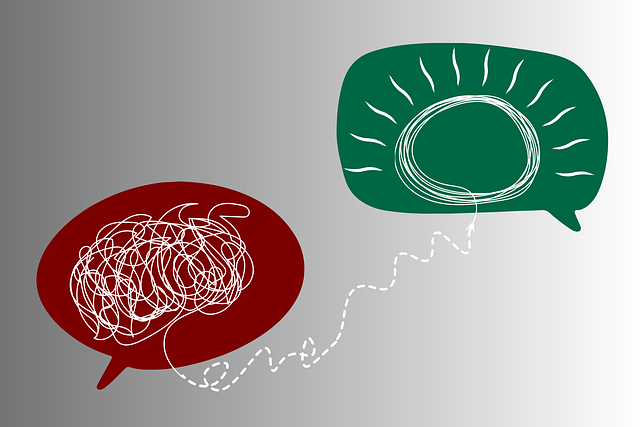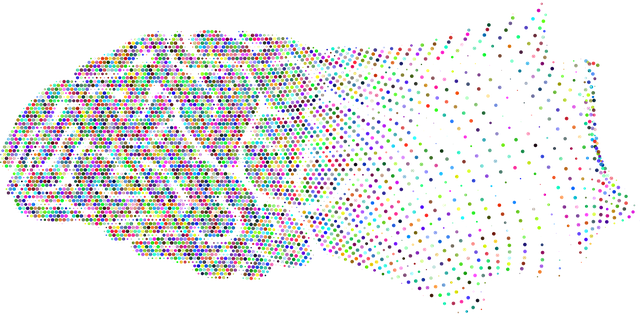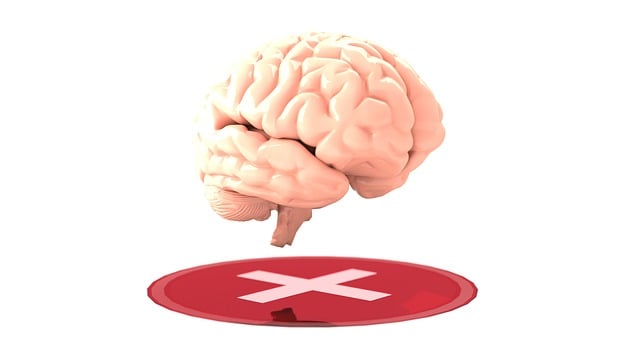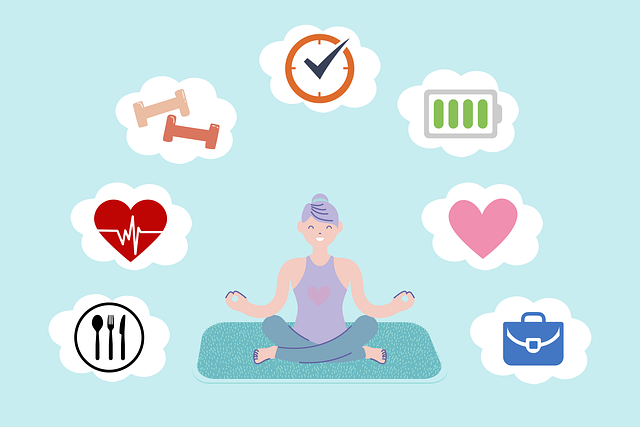Englewood Couples Counseling Therapy goes beyond traditional counseling with a comprehensive, holistic approach to mental wellness. They offer various self-assessment tools, including podcasts, mindfulness exercises, and journaling guidance, to destigmatize mental health conversations and empower individuals. Their multifaceted strategy integrates cultural sensitivity, public awareness campaigns, and compassion cultivation, ensuring tailored interventions for improved mental wellness through adaptable, action-oriented tools.
Mental wellness self-assessment tools play a pivotal role in individual and collective well-being, offering valuable insights into our psychological states. This article delves into the development of such tools, highlighting the essential contributions of Englewood Couples Counseling Therapy. We explore key areas for assessment, emphasizing a holistic approach to mental health. Through an examination of effective tool features and considerations, we provide strategies for implementation in clinical settings, underscoring the impact on client outcomes.
- Understanding Mental Wellness Self-Assessment: The Role of Englewood Couples Counseling Therapy
- Identifying Key Areas for Assessment: A Holistic Approach
- Developing Effective Tools: Features and Considerations
- Implementation and Impact: Strategies for Effective Use in Clinical Settings
Understanding Mental Wellness Self-Assessment: The Role of Englewood Couples Counseling Therapy

Mental wellness self-assessment tools play a pivotal role in encouraging individuals to take an active interest in their mental health and overall well-being. One such notable contributor is Englewood Couples Counseling Therapy, which has expanded its expertise beyond traditional couples counseling to offer valuable resources for personal growth. Through various initiatives, including the Mental Wellness Podcast Series Production, this therapy centre aims to destigmatize mental health discussions and empower individuals to assess their emotional states accurately.
Englewood Couples Counseling Therapy’s approach is multifaceted; they provide not just assessment tools but also tailored support services such as confidence-boosting strategies and trauma support. By integrating these elements, the therapy centre ensures that clients receive holistic care, catering to different aspects of mental wellness. This comprehensive approach has been instrumental in helping many individuals navigate their emotional landscapes and make informed decisions about their mental health journeys.
Identifying Key Areas for Assessment: A Holistic Approach

Identifying key areas for assessment is a foundational step in developing effective mental wellness self-assessment tools. A holistic approach acknowledges that mental health encompasses more than just emotions; it includes physical, social, and environmental factors. For instance, Englewood Couples Counseling Therapy emphasizes understanding interpersonal dynamics and communication strategies alongside individual mood management. By assessing these diverse aspects, self-assessment tools can provide a comprehensive view of an individual’s well-being.
This multifaceted perspective is crucial in empowering individuals to take proactive steps towards mental wellness. Incorporating practices like mindfulness meditation can enhance self-awareness and stress reduction techniques, which are integral components of overall mental health. Thus, a holistic assessment approach, as advocated by Englewood Couples Counseling Therapy, ensures that the developed tools cater to multiple dimensions of an individual’s life, promoting sustainable mental wellness.
Developing Effective Tools: Features and Considerations

Developing effective mental wellness self-assessment tools is a multifaceted process that requires careful consideration of various factors. At Englewood Couples Counseling Therapy, we’ve found that successful tools integrate several key features. Firstly, Self-Awareness Exercises should be inclusive and adaptable to cater to diverse users. These exercises should prompt introspection while remaining accessible, ensuring individuals from all backgrounds can engage and benefit.
Additionally, integrating Mental Wellness Journaling Exercise Guidance offers a reflective space for users to document their thoughts and emotions, fostering deeper understanding of their mental states. This is supported by incorporating Mind Over Matter Principles, which encourage positive thinking and coping strategies. Effective tools should balance direct assessments with actionable insights, enabling users to track progress and implement changes that promote sustained mental wellness.
Implementation and Impact: Strategies for Effective Use in Clinical Settings

The effective implementation of mental wellness self-assessment tools in clinical settings requires a strategic approach tailored to the diverse needs of clients. At Englewood Couples Counseling Therapy, we’ve found that integrating these tools into therapy sessions enhances patient engagement and facilitates more accurate evaluations. A key strategy is ensuring Cultural Sensitivity in Mental Healthcare Practice, adapting assessments to resonate with different cultural backgrounds and belief systems. This not only improves the accuracy of results but also fosters trust between therapists and clients.
Additionally, public awareness campaigns development can play a pivotal role in normalizing conversations around mental wellness. By educating the community about available self-assessment resources, we encourage proactive mental health management. Further, incorporating compassion cultivation practices into these assessments can create a safe and supportive environment, leading to more honest and meaningful feedback. This holistic approach ensures that clients receive tailored interventions based on their unique circumstances.
The development of mental wellness self-assessment tools, guided by approaches like those offered by Englewood Couples Counseling Therapy, is a crucial step towards enhancing individual and collective mental health. By identifying key areas through holistic assessment, creators can design effective tools that cater to diverse needs. Implementing these tools in clinical settings ensures their impact is maximized, fostering better outcomes for those seeking support. This process, when done thoughtfully, has the potential to revolutionize mental health care.
